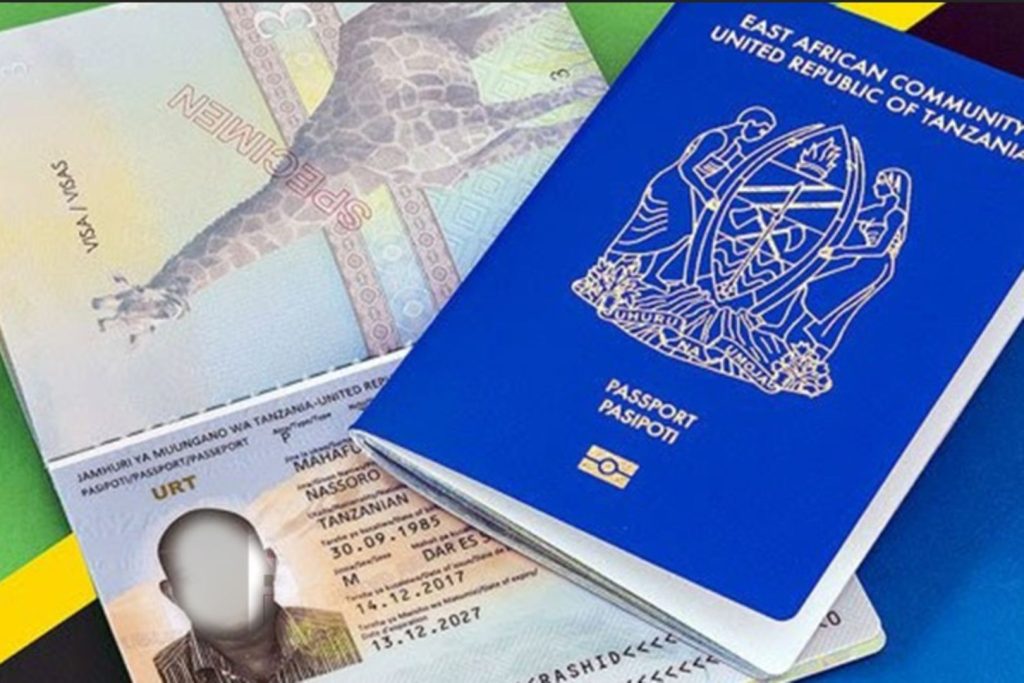In recent years, the Tanzanian government has sought to strengthen its relationship with the diaspora by introducing amendments to the Immigration Act and the Land Act. Tabled in Parliament on November 8, 2024, the Written Laws (Miscellaneous Amendments) (No. 4) Bill 2024 proposes the establishment of a “special status” for Tanzanians living abroad who hold foreign citizenship.
The Bill suggests granting these individuals the right to own property in Tanzania, simplifying visa processes, and issuing a “Diaspora Tanzanite Card,” which will serve as an identity card for those granted special status.
While this proposal aims to enhance ties with the Tanzanian diaspora, it raises the important question: Was the “special status” really what Tanzanians abroad had been demanding, or was it dual citizenship?
For decades, the Tanzanian diaspora has played a vital role in the country’s economic, social, and political life. The government has long recognized the significant remittances sent by Tanzanians abroad and the potential for greater collaboration with this global community.
However, the calls from the diaspora have often centred around the issue of dual citizenship, a topic that has been a point of contention within Tanzanian law. Under current regulations, Tanzanians who acquire foreign citizenship automatically lose their Tanzanian nationality.
This restriction has left many diaspora members feeling disconnected from their homeland despite their ongoing contributions to the country’s development.
Also, read 35 Visas Later: Aliko Dangote’s Visa Struggles Highlight Africa’s Integration Challenges
Dual citizenship, which would allow Tanzanians to maintain both their foreign nationality and their Tanzanian citizenship, has been a prominent demand for many in the diaspora.
The argument for dual citizenship stems from the desire to retain cultural ties, secure property rights, and participate in the country’s governance and elections.
Many Tanzanians abroad have voiced their concerns about being excluded from national affairs due to the rigid citizenship laws, especially given their substantial economic contributions through remittances, investments, and business ties.
The government’s proposal of a “special status” raises several questions. While it provides certain privileges such as property ownership rights, visa exemptions, and a sense of legal recognition through the Tanzanite Card, it does not offer the full rights that come with dual citizenship.
This status could allow Tanzanians abroad to visit, invest, and contribute economically, but it falls short of granting them the legal framework to participate in political processes such as voting or holding office, which are core elements of citizenship.
One of the primary issues with the special status is that it still distinguishes between Tanzanians and their descendants based on their citizenship.
Those who have become citizens of other countries will be granted a form of privilege but will still be treated as foreign nationals in many regards, particularly in terms of political rights. Dual citizenship would offer them the full rights to claim Tanzania as both a home and a place of political engagement, something the “special status” does not deliver.
Furthermore, many in the diaspora have expressed that introducing a “special status” does not address the underlying issue of being legally recognized as Tanzanian citizens abroad.
The diaspora’s demand for dual citizenship is not merely about owning property or simplifying visa processes—it is about having the rights and privileges of full citizenship while living abroad, ensuring that they are not treated as second-class citizens in their own country.
The “special status” may offer some economic incentives, but it does not give these citizens a stake in the democratic process, a key aspect of what the diaspora has been calling for.
The Tanzanian government’s move to create a “special status” is, therefore, a step towards engaging the diaspora, but it does not fully satisfy the demands of dual citizenship that many Tanzanians abroad have been advocating for.
The proposal may foster economic engagement and strengthen ties between the diaspora and the homeland, but it does not address the desire for a more inclusive and participatory legal and political framework that dual citizenship would provide.
Five Challenging Questions for the Government of Tanzania
Why does the government continue to restrict the full participation of Tanzanians abroad in the national democratic process despite their significant economic contributions?
Is the “special status” an attempt to maintain control over the Tanzanian diaspora, or is it genuinely designed to foster closer ties with Tanzanians abroad?
Why has the government not considered amending the citizenship laws to allow for dual citizenship, which would provide Tanzanians abroad with both the legal recognition and the political rights they have been advocating for?
How does the government plan to ensure that the “special status” does not lead to unequal treatment of Tanzanians who are granted this status versus those who retain full citizenship?
Will the “Diaspora Tanzanite Card” be a stepping stone towards full dual citizenship, or will it remain a token gesture that does not fully address Tanzanians’ legal and political needs abroad?
In conclusion, while the Tanzanian government’s introduction of a “special status” may be a positive gesture, it does not fully address the diaspora’s long-standing demand for dual citizenship.
The special status may grant economic privileges, but it does not go far enough to grant the full political and legal rights that come with citizenship.
The government’s next steps should carefully consider the long-term implications of allowing dual citizenship, which could empower Tanzanians abroad to play a more significant role in their country’s future.

